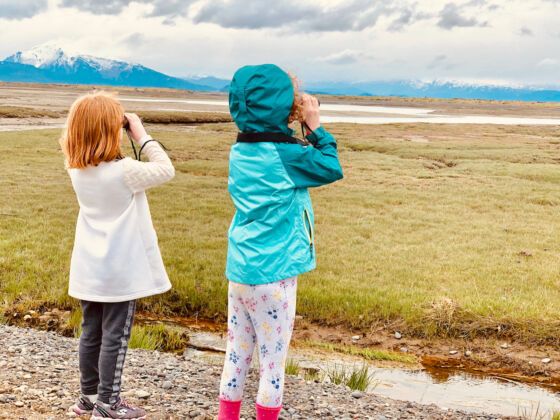WE HAVE A TRADITION in my house. As soon as any one of my kids say the words “I’m scared,” their siblings or I immediately call them on it and say in a way that leaves zero room for negotiation, “And…what do you do when you are scared?”
The answer is always a begrudging “Do it anyways.”
The idea is to acknowledge the fear but to never let it paralyze them. We aren’t saying to never be afraid, we are prioritizing facing the fear and moving through it. Obviously, commonsense plays a part. If the house is burning down around us or it looks like we will be in an impending car crash and fear is expressed, no one is going to give anyone crap for it. If they have a gut feeling that something is just not right about a situation, they know to trust intuition above all else.
